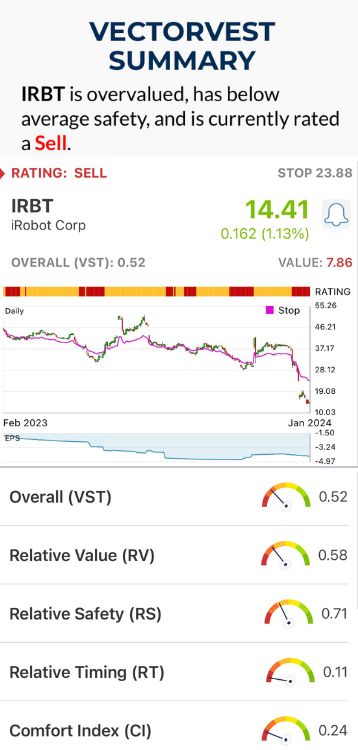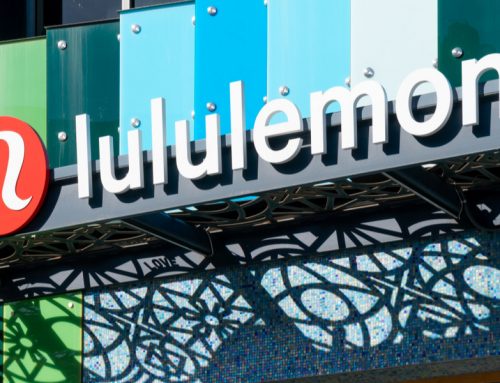In 2023, major strikes and protests against companies were prevalent, followed by significant layoffs at the start of 2024. Significant staff reductions can currently be seen across various industries in the US, including technology, finance, and retail, with giant companies such as Google, Meta, Goldman Sachs, and Dow announcing layoffs in 2023. All the companies that followed through experienced a boost on the market in 2024, which investors wanted to jump in on. Let’s dive into which companies are laying off employees, the benefits they experience, and whether you should invest based on a company restructuring.
The companies that cut or plan to cut jobs in January include Amazon (AMZN) with 35% of Twitch, hundreds at Prime Video and MGM Studios employees, 5% of Buy at the Prime unit, UPS (UPS) is cutting 12,000 managers jobs, Unity Software (U) is eliminating 25% of its employees, Enbridge Inc (ENB) to cut 650 jobs, Stellantis (STLA) to cut 600 jobs, Albermarle Corporation (ALB) cut more than 300 jobs, Polestar (PSNY) cut 15% of its workforce, Rent the Runway (RENT) will be cutting 10% of corporate jobs, PayPal (PYPL) plants to cut 9% which is about 2500 people, and iRobot (IRBT) with the most significant cut of 31% of its workforce or 350 jobs.
Although more layoffs have happened and are to come, it’s evident that ‘tis the season to find a reason to let go of employees. With inflation pressures, assistance from AI, and pressures for higher pay from workers, letting go of people has become quite appealing. With tech leading the charge, the layoffs have begun to bleed into other sectors, including finance and, now most recently, retail, more technically known as the consumer discretionary sector. The retail sector, comprised of consumer wants and not needs is feeling a bit of pressure from recent inflationary data, causing consumers to back off rather than indulge. However, there’s still an opportunity for investors to capitalize on turbulent times
How Layoffs Benefit a Company
Companies aren’t laying off employees for no reason, there is upside potential to restructuring a company, typically a surge in revenue. The thought of companies viewing layoffs as financially beneficial may seem cold, but a few of the benefits are as follows:
- Cost reduction
- Retaining revenue
- Boost or maintain profitability
- Pursue additional investments
When a company announces layoffs, the market typically receives the information positively, which in turn pushes the company towards gains, which is precisely what a company wants when they’re already feeling the softening behavior of consumers. So, for all the companies struggling financially or wanting to make greater profitability, they announce layoffs and then receive a boost in the market with long-term potential for more gains. Investors want to jump in on that type of gain, but be careful when and where you invest.
The most significant layoff announcement was on January 29th from iRobot. The company announced that because of the failed merger with Amazon, it would be cut 31% of its workforce, the equivalent of 350 jobs. The company received a 2% gain based on that news. Still, it wasn’t enough to keep it climbing because of the implications of the failed merger and the difficulties in the consumer discretionary sector, and the stock has continued to fall more than 5% since the announcement.
In a case like this, immediate instinct might say it’s time to buy into a company that won’t have to pay employees salaries and is cutting back on costs, but VectorVest’s software can provide a deeper insight into the longevity of IRBT. VectorVest’s software provides several ratings for a company, along with a recommendation of BUY, HOLD, or SELL.
iRobot’s Layoffs Don’t Make it a Buy
Although layoffs typically mean a positive boost for a company’s long-term financial goals, there can be other factors, such as sector pressures, inflation, or failed merger agreements, that disrupt the potential for a company. VectorVest software generates three summary ratings for each company that analyze it from a financial standpoint with ratings like relative value (RV), relative safety (RS), and relative timing (RT), each scored from 0.00 to 2.00, with 1.00 representing the average. The overall VST (Value-Safety-Timing) rating provides a decisive buy, sell, or hold suggestion for a specific stock. VectorVest’s three summary and overall ratings evaluated IRBT and concluded with a SELL recommendation, so despite the significant restructuring, there are still red flags in the company's outlook.
- Poor Upside Potential: The Relative Value score for IRBT is 0.58, making it below average on a scale of 0.00 to 2.00. It is beyond overvalued, with a current price of $14.41 but a value of $7.86 because of the difficult industry and events surrounding the company.
- Poor Safety: IRBT has a Relative Safety score of 0.71, which is below average on a scale of 0.00 to 2.00, related to its volatility in the market because of inflationary trends.
- Very Poor Relative Timing: The relative timing of IRBT is 0.11, rated as very poor on a scale of 0.00 to 2.00. The metric considers the stock movements daily, weekly, quarterly, and yearly, so even with the positive news of restructuring, it doesn’t mean that it will have the incremental power to pull the stock up enough.
The overall VST rating is poor at 0.52, which is considered far below average and followed by a SELL recommendation in the VectorVest system. SELL indicates that if you own the stock, you should sell it in your portfolio, and if you’re not already invested, definitely don’t buy it.
Want These Types of Insights at Your Fingertips so You Can Win More Trades?
Use VectorVest to analyze any stock free. VectorVest is the only stock analysis tool and portfolio management system that analyzes, ranks and graphs over 18,000 stocks each day for value, safety, and timing and gives a clear buy, sell or hold rating on every stock, every day.
VectorVest advocates buying stocks with proper analysis, not just the market’s movements for that day. iRobot has a poor recent record that won’t be overlooked just because of employee restructuring, and VectorVest helped investors visualize its financial health. The IRBT stock has poor upside potential, poor safety, and very poor relative timing, with a recommendation to SELL. Allowing you to see all the necessary components to make an informed decision.
Before you invest, check VectorVest! Click here to ANALYZE ANY STOCK FREE and see our system in action!












Leave A Comment